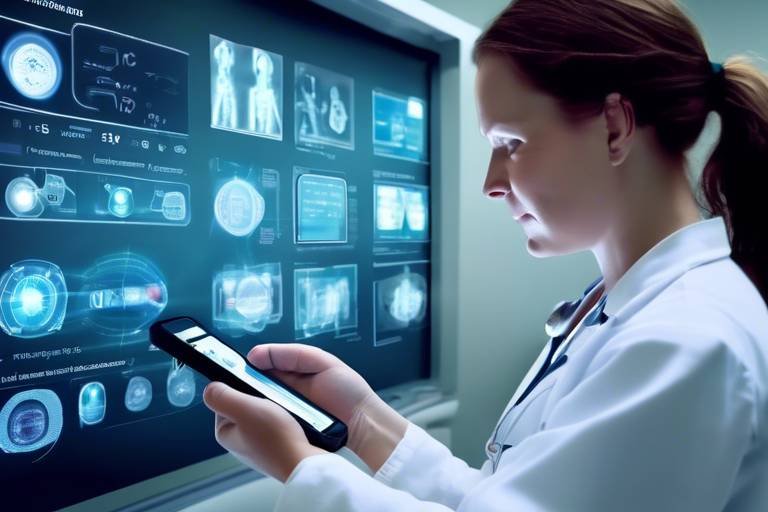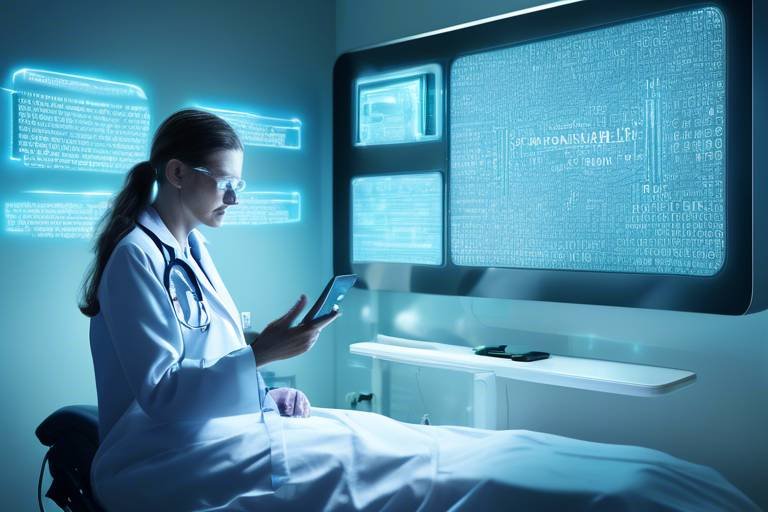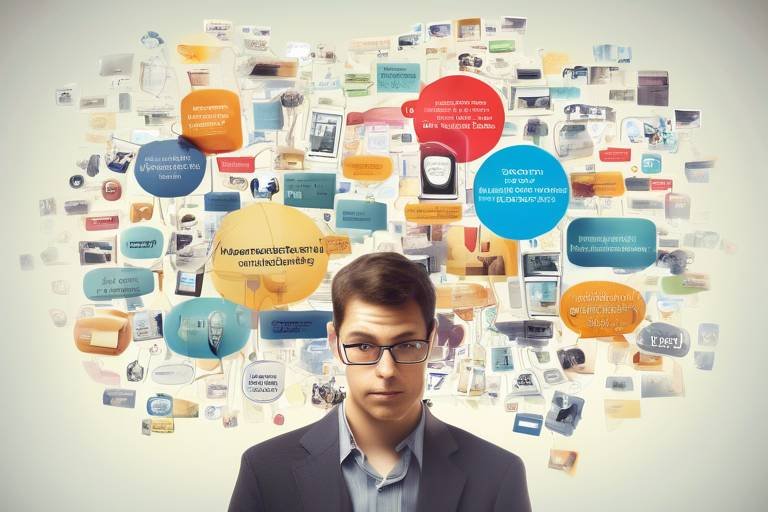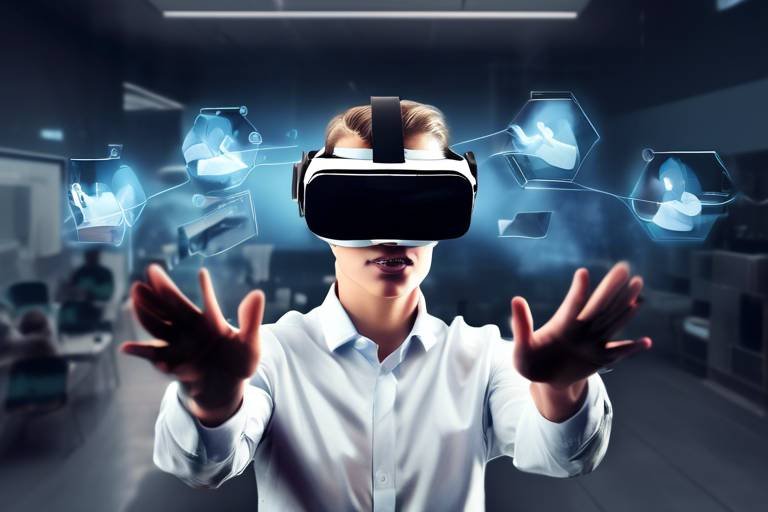How Smart Sensors are Revolutionizing Healthcare
In today's fast-paced world, the healthcare industry is experiencing a remarkable transformation, largely fueled by the integration of smart sensors. These innovative devices are not just gadgets; they are game-changers that are redefining how we approach patient care, monitoring, and overall health management. Imagine a world where doctors can monitor their patients' vital signs in real-time, even from miles away, or where medication adherence becomes a breeze thanks to intelligent pill bottles. This is not science fiction; it’s happening right now!
Smart sensors collect and analyze data continuously, offering a level of insight that was previously unimaginable. They are equipped with advanced technologies that allow them to communicate with other devices and systems, creating a seamless flow of information. This capability differs significantly from traditional sensors, which often provide limited data and require manual intervention for analysis. With smart sensors, healthcare providers can access critical information at their fingertips, enabling them to make informed decisions quickly.
The impact of these devices extends beyond just monitoring. They are enhancing healthcare delivery, improving patient outcomes, and even reducing costs. As we delve deeper into the world of smart sensors, we will explore their various applications, benefits, and the bright future they promise for the healthcare sector.
Smart sensors are more than just techy tools; they are sophisticated devices designed to collect data from their environment and process it in real-time. They utilize a combination of sensors, microprocessors, and communication technologies to gather and transmit information. This allows healthcare professionals to monitor patients’ health metrics continuously and remotely.
Unlike traditional sensors that might only provide basic readings, smart sensors can analyze trends and patterns in the data they collect. For example, a smart heart rate monitor can alert a physician if a patient's heart rate falls outside of normal ranges, prompting immediate action. This proactive approach to healthcare is a significant leap forward in how we manage health conditions.
The applications of smart sensors in healthcare are vast and varied, ranging from patient monitoring to medication adherence. Let's dive into some of the most impactful use cases:
Remote patient monitoring (RPM) is revolutionizing how we manage chronic diseases. With smart sensors, patients can be monitored outside of traditional clinical settings. This means that individuals with conditions like diabetes or heart disease can have their health metrics tracked from the comfort of their homes. Imagine a diabetic patient wearing a smart glucose monitor that sends real-time data to their healthcare provider. This not only enhances accessibility but also allows for timely interventions, reducing the risk of complications.
Wearable devices, such as fitness trackers and smartwatches, are equipped with smart sensors that continuously monitor vital signs like heart rate, blood pressure, and activity levels. These devices empower patients by providing them with insights into their health. For instance, if a user notices an unusual spike in their heart rate, they can consult their doctor before a minor issue escalates into a serious problem. This proactive approach fosters a sense of ownership over one's health.
Medication adherence has always been a challenge in healthcare, but smart pill bottles are changing the game. These bottles come equipped with sensors that track when a dose is taken and send reminders to patients to take their medication. This added layer of accountability can significantly improve compliance rates and reduce hospital readmissions due to missed medications. Imagine a world where patients never forget to take their pills!
Smart sensors generate vast amounts of data that can be analyzed to enhance clinical workflows and patient care strategies. By leveraging data analytics, healthcare providers can identify trends in patient health, optimize treatment plans, and allocate resources more efficiently. This analytical approach not only improves outcomes but also empowers healthcare professionals to make data-driven decisions that enhance patient care.
The adoption of smart sensors in healthcare brings numerous benefits that are hard to overlook. Here are some key advantages:
Smart sensors foster greater patient engagement by providing real-time feedback and insights. When patients have access to their health data, they are more likely to take an active role in managing their health. This engagement leads to better health outcomes and increased patient satisfaction.
Implementing smart sensors can significantly reduce healthcare costs. They streamline processes, minimize errors, and optimize resource allocation in healthcare facilities. For instance, by utilizing smart sensors for remote monitoring, healthcare providers can reduce unnecessary hospital visits, ultimately saving time and money.
As technology advances, the future of smart sensors in healthcare looks incredibly promising. Emerging trends such as artificial intelligence and machine learning are set to further enhance the capabilities of these devices. Imagine AI algorithms analyzing data from millions of patients to predict health crises before they occur. The potential for improved patient care and operational efficiency is limitless!
- What are smart sensors? Smart sensors are advanced devices that collect and analyze data in real-time, significantly enhancing healthcare monitoring and management.
- How do smart sensors improve patient care? They provide continuous monitoring, enabling timely interventions and fostering greater patient engagement.
- What are some examples of smart sensors in healthcare? Examples include wearable devices, smart pill bottles, and remote patient monitoring systems.
- What is the future of smart sensors in healthcare? The future is bright, with advancements in AI and machine learning promising even greater capabilities and improvements in patient outcomes.
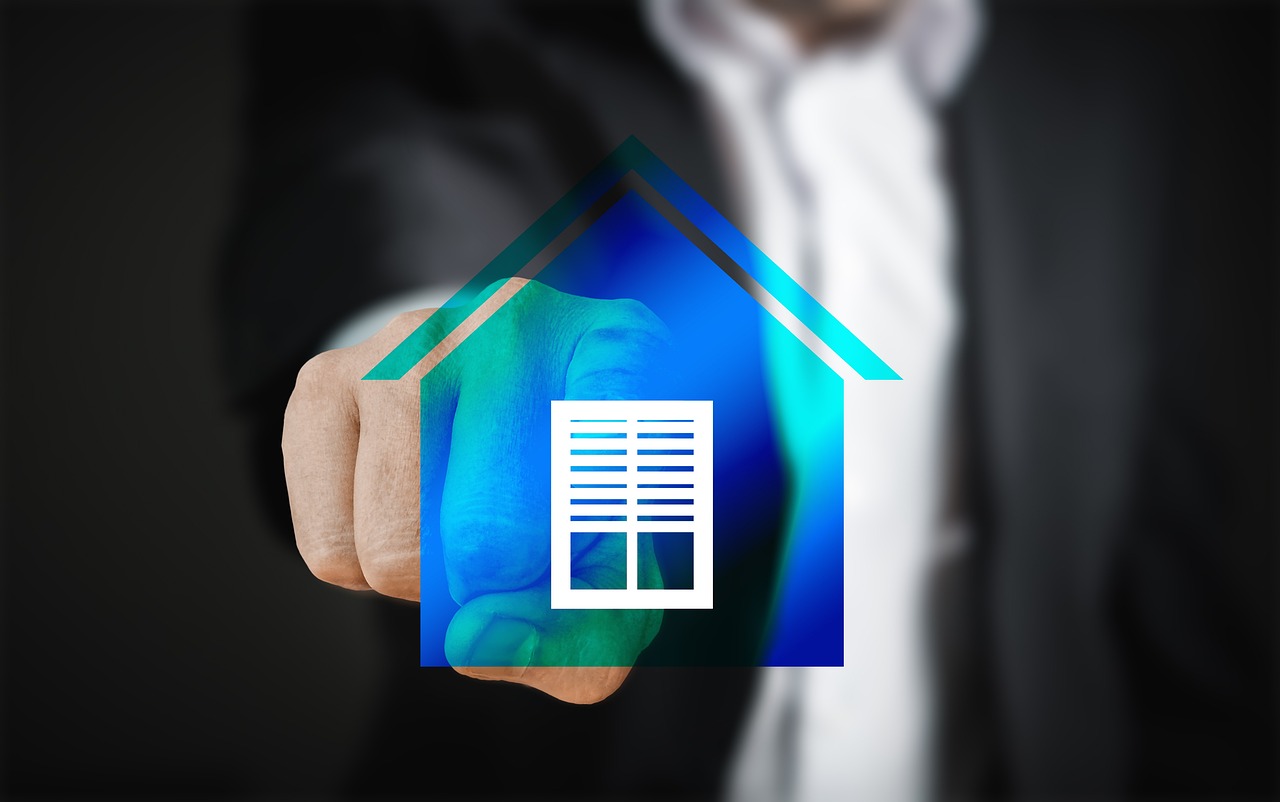
Understanding Smart Sensors
Smart sensors are at the forefront of a technological revolution in healthcare, merging the physical and digital worlds to create a more efficient and responsive medical environment. Unlike traditional sensors, which merely collect data, smart sensors are equipped with advanced computing capabilities that allow them to analyze and interpret the data they gather in real-time. This means that not only can they monitor vital signs or track patient movements, but they can also provide actionable insights that healthcare providers can use to make informed decisions.
At their core, smart sensors utilize a combination of microprocessors, communication technologies, and data analytics to operate effectively. They can connect to the internet, enabling them to transmit data to healthcare systems seamlessly. This connectivity is crucial as it facilitates remote monitoring and telemedicine, allowing healthcare professionals to keep a close eye on patients without the need for constant physical presence. The ability to analyze data on the fly means that these sensors can alert caregivers to potential issues before they escalate, transforming the way healthcare is delivered.
To illustrate the differences between traditional and smart sensors, consider the following table:
| Feature | Traditional Sensors | Smart Sensors |
|---|---|---|
| Data Collection | Passive | Active and Real-Time |
| Data Analysis | Minimal | Advanced Analytics |
| Connectivity | Limited | Internet-Enabled |
| Alerts | Manual Monitoring Required | Automated Alerts |
This table highlights the significant advancements that smart sensors bring to healthcare. The ability to provide real-time data analysis and automated alerts not only enhances patient safety but also improves operational efficiency within healthcare settings. With traditional sensors, healthcare providers often had to wait for data to be manually reviewed, leading to delays in critical decision-making. In contrast, smart sensors allow for immediate action, which is especially vital in emergency situations.
Moreover, smart sensors are designed to be user-friendly, often incorporating intuitive interfaces that make it easier for both patients and healthcare providers to interact with the technology. This usability is essential in ensuring that the technology is embraced rather than resisted. For instance, a smart wearable device that tracks heart rate and activity levels can provide notifications directly to the patient’s smartphone, encouraging them to stay active and engaged with their health.
In summary, understanding smart sensors goes beyond just recognizing their technological components. It involves appreciating how these devices are transforming healthcare into a more proactive, data-driven field. As we move forward, the integration of smart sensors into everyday healthcare practices is not just a possibility; it is becoming a reality that promises to enhance patient care and operational efficiency significantly.
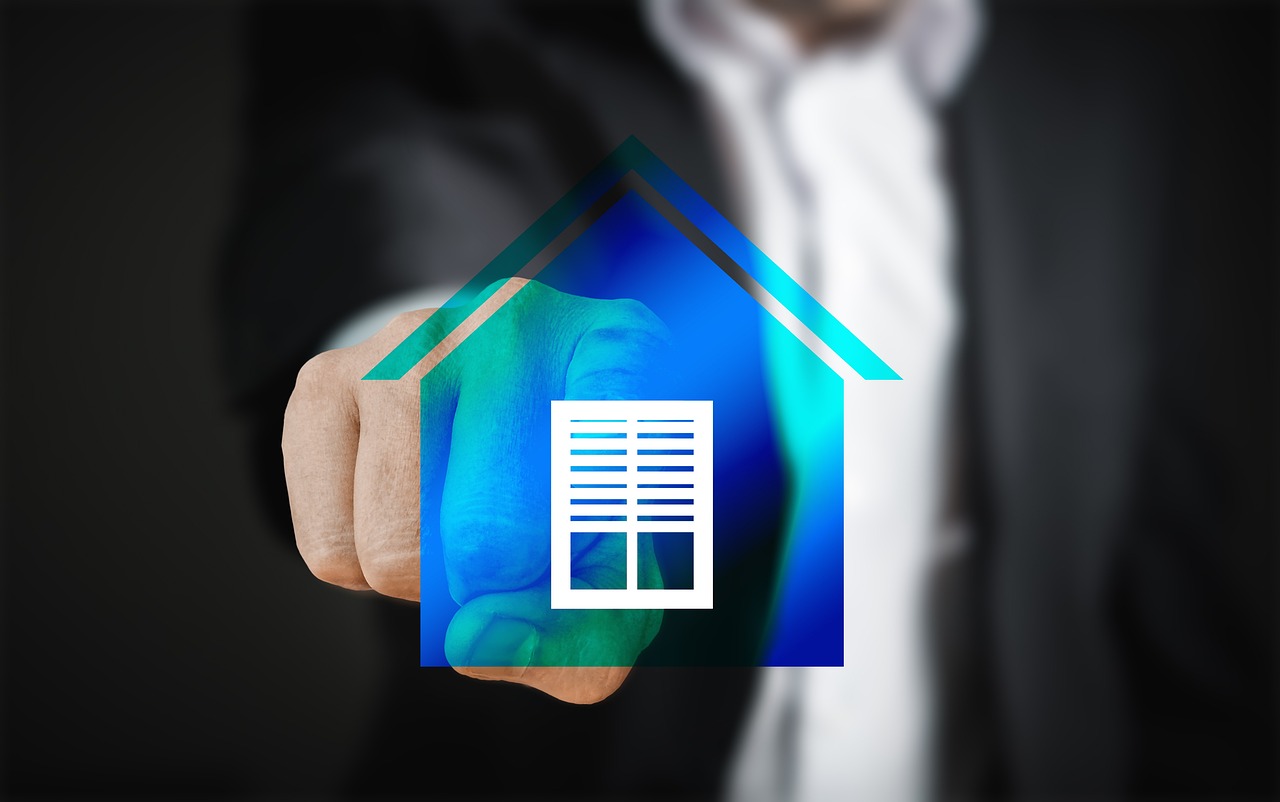
Applications of Smart Sensors in Healthcare
Smart sensors are making waves in the healthcare industry, and their applications are as diverse as they are impactful. Imagine a world where your health is monitored continuously, where doctors can access real-time data, and where patients can engage actively in their own care. That's the beauty of smart sensors! These devices are not just gadgets; they are lifelines that enhance patient outcomes and operational efficiency across various healthcare settings.
One of the most significant applications of smart sensors is in Remote Patient Monitoring (RPM). This innovative approach allows healthcare providers to track patients' health metrics from the comfort of their homes. By utilizing smart sensors, clinicians can monitor vital signs such as heart rate, blood pressure, and glucose levels without requiring patients to visit the clinic. This not only increases accessibility for patients, especially those with chronic conditions, but it also facilitates timely interventions. For instance, if a patient's blood pressure spikes, their doctor can be alerted immediately and provide guidance, potentially preventing a health crisis.
When we think of smart sensors, we often envision wearable devices. These gadgets, like smartwatches and fitness trackers, are equipped with sensors that continuously collect health data. They empower individuals to take charge of their health by providing insights into their daily activity levels, sleep patterns, and vital signs. For example, a wearable device can notify a user if their heart rate exceeds a certain threshold during exercise, prompting them to take a break. This kind of real-time feedback can lead to healthier lifestyle choices and ultimately better health outcomes.
Another fascinating application is the use of smart pill bottles. These bottles are equipped with sensors that remind patients when it's time to take their medication. They can even send alerts to caregivers or family members if doses are missed. This technology addresses a critical issue in healthcare: medication adherence. According to studies, nearly 50% of patients do not take their medications as prescribed. Smart pill bottles can significantly improve compliance, which in turn reduces hospital readmissions and enhances overall patient health.
Furthermore, smart sensors can be used in clinical settings for data analytics and decision support. They generate vast amounts of data that can be analyzed to improve clinical workflows and patient care strategies. For instance, hospitals can use data from smart sensors to identify trends in patient health, optimize staffing, and allocate resources more efficiently. This not only enhances patient care but also streamlines operations, ultimately leading to cost savings.
In summary, the applications of smart sensors in healthcare are transformative. They enhance patient engagement, improve compliance, and provide critical data that can lead to better decision-making. As we continue to embrace this technology, the potential for improved patient outcomes and operational efficiency is boundless. The future of healthcare is indeed smart!
- What are smart sensors? Smart sensors are advanced devices that collect and analyze health-related data in real-time, providing insights for better patient care.
- How do smart sensors improve patient care? They allow for continuous monitoring of health metrics, enabling timely interventions and fostering patient engagement.
- What are some examples of smart sensors in healthcare? Examples include wearable devices, smart pill bottles, and remote patient monitoring systems.
- Can smart sensors help reduce healthcare costs? Yes, by improving efficiency, reducing errors, and ensuring better medication adherence, smart sensors can significantly lower healthcare expenses.
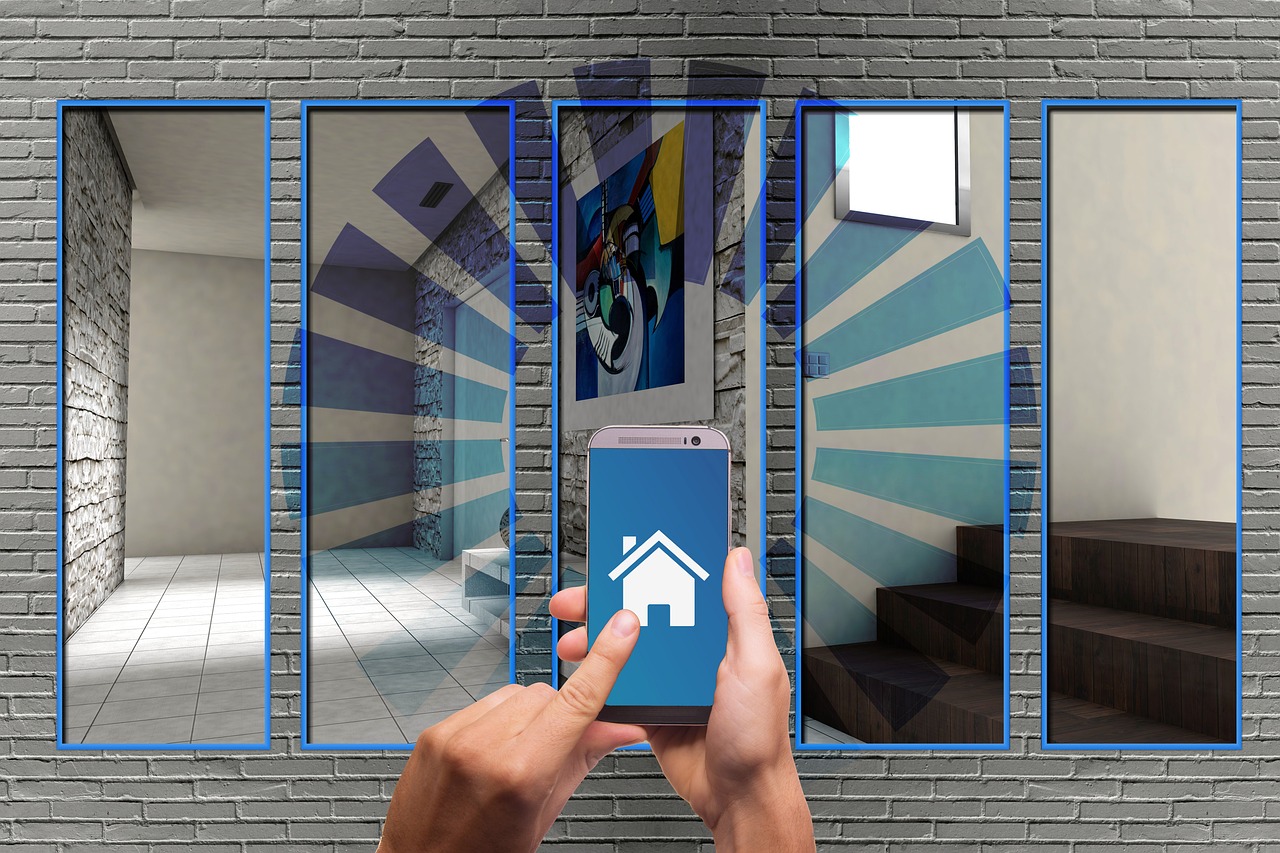
Remote Patient Monitoring
Remote patient monitoring (RPM) is a game-changer in the healthcare landscape, leveraging the power of smart sensors to track health metrics from the comfort of patients' homes. Imagine a world where patients no longer need to make frequent trips to the clinic just to check their vitals. With RPM, that world is becoming a reality. These smart devices collect data on various health indicators—like heart rate, blood pressure, and glucose levels—and transmit it to healthcare providers in real-time. This not only enhances accessibility but also allows for timely interventions, especially for those managing chronic conditions.
One of the most significant advantages of RPM is its ability to empower patients. Instead of feeling like passive recipients of care, patients become active participants in their health management. They receive instant feedback on their health metrics and can make informed decisions about their lifestyle and treatment plans. This shift in perspective can lead to improved health outcomes and greater satisfaction with the healthcare process.
Moreover, RPM is particularly beneficial for populations living in remote areas or those with mobility issues. For these individuals, accessing healthcare services can be a daunting task. Smart sensors bridge this gap by allowing continuous monitoring without the need for travel. For instance, a patient with heart disease can have their condition monitored daily through a wearable device, ensuring that any anomalies are detected early, and their physician can intervene before a minor issue escalates into a serious health crisis.
In addition to enhancing patient care, RPM also alleviates pressure on healthcare systems. By reducing the number of in-person visits, healthcare facilities can optimize their resources and focus on patients who require immediate attention. This leads to a more efficient healthcare system overall. The data collected through RPM can also be analyzed to identify trends and patterns, enabling healthcare providers to tailor treatment plans more effectively.
To illustrate the impact of remote patient monitoring, consider the following table that summarizes key benefits:
| Benefit | Description |
|---|---|
| Increased Accessibility | Patients can receive care without needing to travel, making healthcare more accessible. |
| Timely Interventions | Real-time data allows healthcare providers to act quickly on any concerning health changes. |
| Enhanced Patient Engagement | Patients are more involved in their care, leading to better health management. |
| Cost Efficiency | Reduces the need for hospital visits, lowering overall healthcare costs. |
In conclusion, remote patient monitoring not only transforms how care is delivered but also enhances the overall patient experience. With the integration of smart sensors into everyday health management, patients can enjoy a more personalized and proactive approach to their health. As technology continues to evolve, we can only expect RPM to become an even more integral part of healthcare, ultimately leading to better outcomes for everyone involved.

Wearable Devices
Wearable devices are rapidly transforming the way we monitor our health. Imagine a world where your health data is not just confined to a doctor's office but is accessible at your fingertips, 24/7. These innovative gadgets, equipped with smart sensors, allow for continuous health monitoring, making it easier than ever for individuals to keep track of their well-being. From fitness trackers to smartwatches, these devices are designed to collect a variety of health metrics, such as heart rate, sleep patterns, and physical activity levels.
One of the most exciting aspects of wearable devices is their ability to empower patients. With real-time data, users can make informed decisions about their health. For instance, if a fitness tracker alerts you that your heart rate has spiked during a workout, you can adjust your intensity or consult a healthcare provider if necessary. This immediate feedback loop not only enhances personal accountability but also fosters a proactive approach to health management.
Moreover, wearable devices have proven to be invaluable in managing chronic conditions. For example, individuals with diabetes can use smart glucose monitors that sync with their smartphones, allowing them to track their blood sugar levels effortlessly. This integration of technology not only simplifies monitoring but also provides healthcare professionals with crucial data to tailor treatment plans effectively.
In addition to personal health management, wearable devices facilitate better communication between patients and healthcare providers. The data collected can be shared easily with doctors, enabling them to make more informed decisions. This real-time data exchange can lead to quicker interventions, ultimately improving patient outcomes. For instance, a patient experiencing irregular heartbeats can have their wearable device alert their physician, who can then take immediate action.
As the technology behind wearable devices continues to evolve, we can expect even more advanced features. Future innovations may include:
- Advanced Biometrics: More precise monitoring of vital signs, including blood pressure and oxygen levels.
- Integration with AI: Enhanced data analysis capabilities that can predict health issues before they become serious.
- Improved Battery Life: Longer-lasting devices that require less frequent charging, making them more user-friendly.
In summary, wearable devices are not just gadgets; they are essential tools that promote health awareness and engagement. By providing continuous monitoring and instant feedback, they empower individuals to take charge of their health, ultimately leading to improved outcomes and a healthier society.
Q1: What types of health metrics can wearable devices track?
A1: Wearable devices can track a variety of health metrics, including heart rate, steps taken, calories burned, sleep quality, and even blood glucose levels, depending on the device.
Q2: Are wearable devices suitable for everyone?
A2: Yes, wearable devices can benefit a wide range of individuals, from fitness enthusiasts to those managing chronic health conditions. However, it's essential to choose a device that meets your specific health needs.
Q3: How do wearable devices communicate with healthcare providers?
A3: Many wearable devices can sync with smartphones or cloud services, allowing users to share their health data with healthcare providers easily. This data can be accessed during consultations or emergencies for better-informed decisions.

Smart Pill Bottles
In the ever-evolving landscape of healthcare technology, have emerged as a groundbreaking innovation, designed to tackle one of the most significant challenges in patient care: medication adherence. Imagine a world where patients no longer forget to take their medications, leading to better health outcomes and fewer hospital visits. Smart pill bottles are here to make that vision a reality.
These high-tech bottles are equipped with sensors and connectivity features that monitor medication usage in real-time. They can send alerts and reminders to patients' smartphones, ensuring that they take their medications as prescribed. But how do they work? The bottle typically includes a cap sensor that detects when the bottle is opened and closed. This information is then transmitted via Bluetooth or Wi-Fi to an accompanying app, which tracks adherence and provides feedback to both patients and healthcare providers.
One of the most significant advantages of smart pill bottles is their ability to improve patient compliance. Studies have shown that non-adherence to medication regimens can lead to serious health complications, increased healthcare costs, and even premature death. By utilizing smart pill bottles, patients receive timely reminders and can track their progress, which fosters a sense of accountability. For instance, if a patient misses a dose, the app can send a gentle nudge, encouraging them to take their medication.
Furthermore, healthcare providers can also benefit from the data generated by these devices. By analyzing adherence patterns, doctors can identify patients who are struggling with their medication regimens and intervene when necessary. This proactive approach can significantly reduce the risk of complications arising from missed doses and ultimately lead to better health outcomes.
In addition to reminders and adherence tracking, some smart pill bottles come with features that allow for refill notifications. When the medication supply is running low, the bottle can alert the patient or even automatically notify the pharmacy to ensure that prescriptions are refilled on time. This seamless integration into the healthcare system not only saves time but also reduces the likelihood of running out of essential medications.
To sum it up, smart pill bottles are revolutionizing how we think about medication adherence. They empower patients, enhance communication between patients and healthcare providers, and ultimately lead to better health outcomes. As technology continues to advance, we can expect even more innovative features to be integrated into these devices, further solidifying their role in modern healthcare.
- What is a smart pill bottle? A smart pill bottle is a medication container equipped with sensors that track when the bottle is opened and closed, sending reminders and adherence data to patients and healthcare providers.
- How do smart pill bottles improve medication adherence? They provide real-time reminders, track usage patterns, and alert patients when it's time to take their medication, encouraging better compliance.
- Can healthcare providers access data from smart pill bottles? Yes, healthcare providers can analyze adherence data, allowing them to identify patients who may need additional support with their medication regimens.
- Are smart pill bottles expensive? While the initial cost may vary, the potential savings from improved health outcomes and reduced hospital visits often outweigh the investment.

Data Analytics and Decision Support
In the rapidly evolving landscape of healthcare, data analytics plays a crucial role in enhancing decision-making processes. Smart sensors generate a wealth of data that can be harnessed to improve clinical outcomes and operational efficiency. Imagine a world where healthcare providers can make informed decisions at the speed of light, thanks to real-time data analysis. This is not a distant dream; it's happening now, and it's transforming how we approach patient care.
The integration of smart sensors with advanced data analytics tools allows healthcare professionals to identify trends, predict patient needs, and tailor interventions accordingly. For instance, a hospital can monitor the vital signs of multiple patients simultaneously, analyzing this data to detect anomalies that may indicate deterioration in a patient's condition. This proactive approach enables timely interventions, ultimately saving lives.
Moreover, the insights derived from data analytics can significantly enhance clinical workflows. By analyzing patterns in patient data, healthcare organizations can optimize resource allocation, reduce wait times, and streamline operations. For example, a study showed that hospitals utilizing data analytics could reduce patient discharge times by up to 30%. This not only improves patient satisfaction but also increases the facility's capacity to treat more patients.
To illustrate the impact of data analytics on decision support, consider the following table:
| Aspect | Traditional Approach | Data-Driven Approach |
|---|---|---|
| Patient Monitoring | Periodic checks by staff | Continuous monitoring with alerts |
| Data Utilization | Limited historical data | Real-time data analysis and reporting |
| Decision Making | Subjective assessments | Evidence-based insights |
| Intervention Timing | Delayed responses | Immediate actions based on alerts |
This table highlights the stark differences between traditional and data-driven approaches in healthcare. As we can see, leveraging data analytics leads to more effective decision-making and improved patient outcomes.
Furthermore, the power of data analytics extends beyond immediate patient care. It can also inform broader healthcare strategies, such as identifying public health trends and enabling better population health management. By analyzing aggregated data from smart sensors across various demographics, healthcare organizations can pinpoint areas of concern, allocate resources more effectively, and implement preventative measures that ultimately enhance community health.
In summary, the fusion of smart sensors with data analytics is revolutionizing the healthcare industry. It empowers healthcare professionals to make informed decisions swiftly, improves patient outcomes, and enhances overall operational efficiency. As technology continues to advance, we can expect even more innovative applications of data analytics in healthcare, paving the way for a healthier future.
- What are smart sensors? Smart sensors are advanced devices that collect and analyze data in real-time, providing valuable insights for healthcare professionals.
- How do smart sensors improve patient care? They enable continuous monitoring of patients, allowing for timely interventions and personalized treatment plans based on real-time data.
- What role does data analytics play in healthcare? Data analytics enhances decision-making by providing actionable insights derived from the data collected by smart sensors, leading to better clinical outcomes.
- Are there cost benefits to using smart sensors? Yes, implementing smart sensors can lead to significant cost reductions by optimizing resource allocation and minimizing errors in healthcare settings.
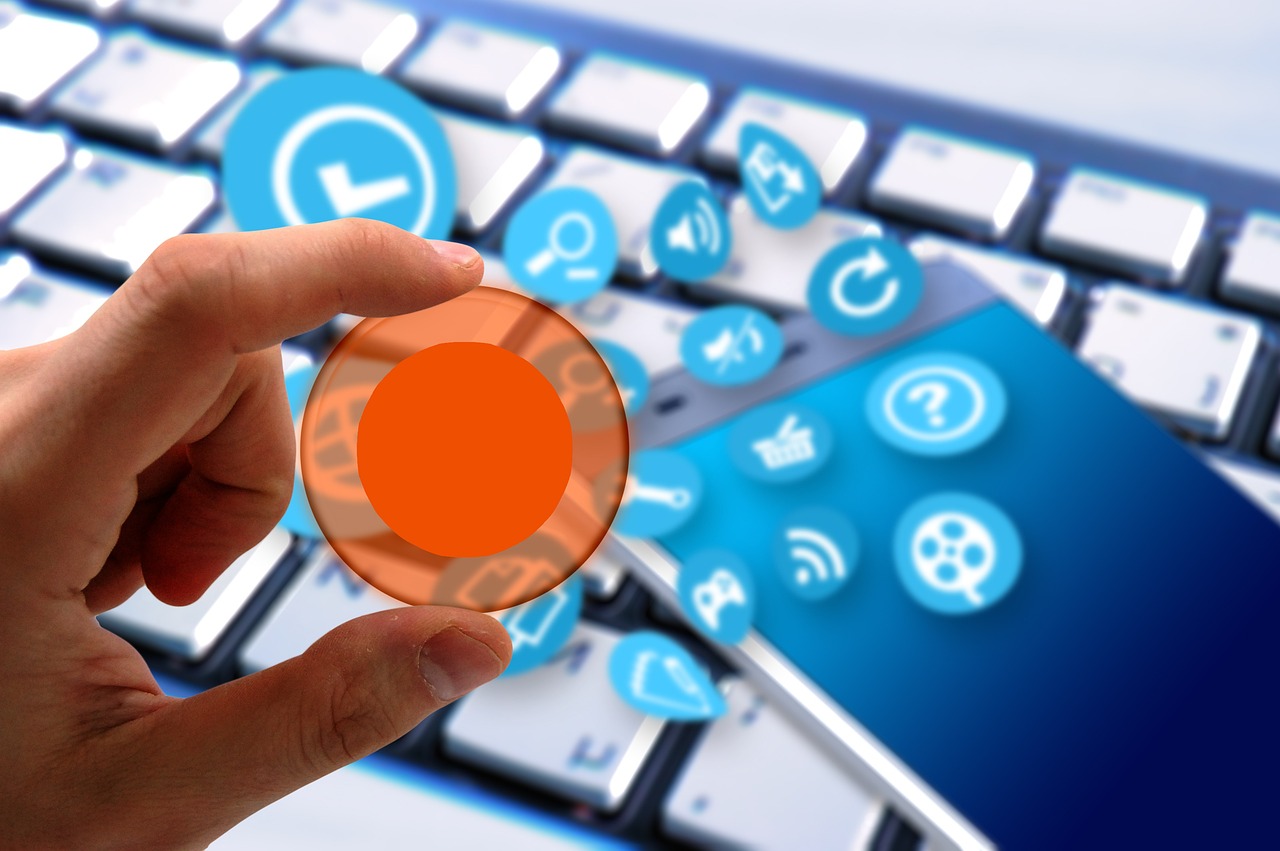
Benefits of Smart Sensors in Healthcare
In today's fast-paced world, the integration of smart sensors in healthcare is nothing short of revolutionary. These devices not only enhance patient care but also streamline operational efficiencies, leading to a myriad of benefits that are reshaping the healthcare landscape. One of the most significant advantages is the improvement in patient outcomes. With real-time data collection and analysis, healthcare providers can make informed decisions that lead to timely interventions. Imagine a scenario where a patient's vital signs are continuously monitored, allowing doctors to detect potential issues before they escalate. This proactive approach can be a game-changer in managing chronic diseases.
Moreover, smart sensors contribute to cost savings for healthcare facilities. By minimizing hospital readmissions and unnecessary interventions, these devices help reduce overall healthcare expenses. For instance, a study showed that hospitals implementing remote patient monitoring systems experienced a decrease in readmission rates by over 30%. This not only saves money but also alleviates the burden on healthcare systems, allowing resources to be allocated more effectively.
Another crucial benefit is the enhancement of patient engagement. Smart sensors foster a sense of ownership among patients regarding their health. With devices like wearable fitness trackers and smart pill bottles, patients receive real-time feedback about their health metrics, which encourages them to adhere to treatment plans. This engagement is vital; studies indicate that patients who actively participate in their healthcare decisions tend to have better outcomes. It’s like having a personal coach cheering you on to stay on track with your health goals!
Additionally, the data generated by smart sensors plays a pivotal role in clinical decision support. The vast amounts of data collected can be analyzed to identify trends and patterns, which can significantly enhance clinical workflows. For example, healthcare providers can use analytics to predict patient needs and allocate resources accordingly, ensuring that care is both efficient and effective.
To summarize, the benefits of smart sensors in healthcare can be categorized as follows:
- Improved Patient Outcomes: Timely interventions lead to better health results.
- Cost Reduction: Lower hospital readmission rates and optimized resource allocation.
- Enhanced Patient Engagement: Real-time feedback encourages adherence to treatment plans.
- Data-Driven Decision Making: Analytics help streamline clinical workflows and improve patient care strategies.
As we look to the future, the role of smart sensors in healthcare will only continue to grow, promising even greater advancements in patient care and operational efficiency.
Q1: What are smart sensors?
Smart sensors are advanced devices that collect and analyze data in real-time, providing valuable insights for healthcare professionals.
Q2: How do smart sensors improve patient outcomes?
By enabling real-time monitoring and timely interventions, smart sensors help healthcare providers address potential health issues before they become critical.
Q3: Can smart sensors help reduce healthcare costs?
Yes, by minimizing hospital readmissions and streamlining processes, smart sensors can significantly lower healthcare expenses.
Q4: What role do smart sensors play in patient engagement?
Smart sensors provide patients with real-time feedback about their health, encouraging them to take an active role in managing their health.
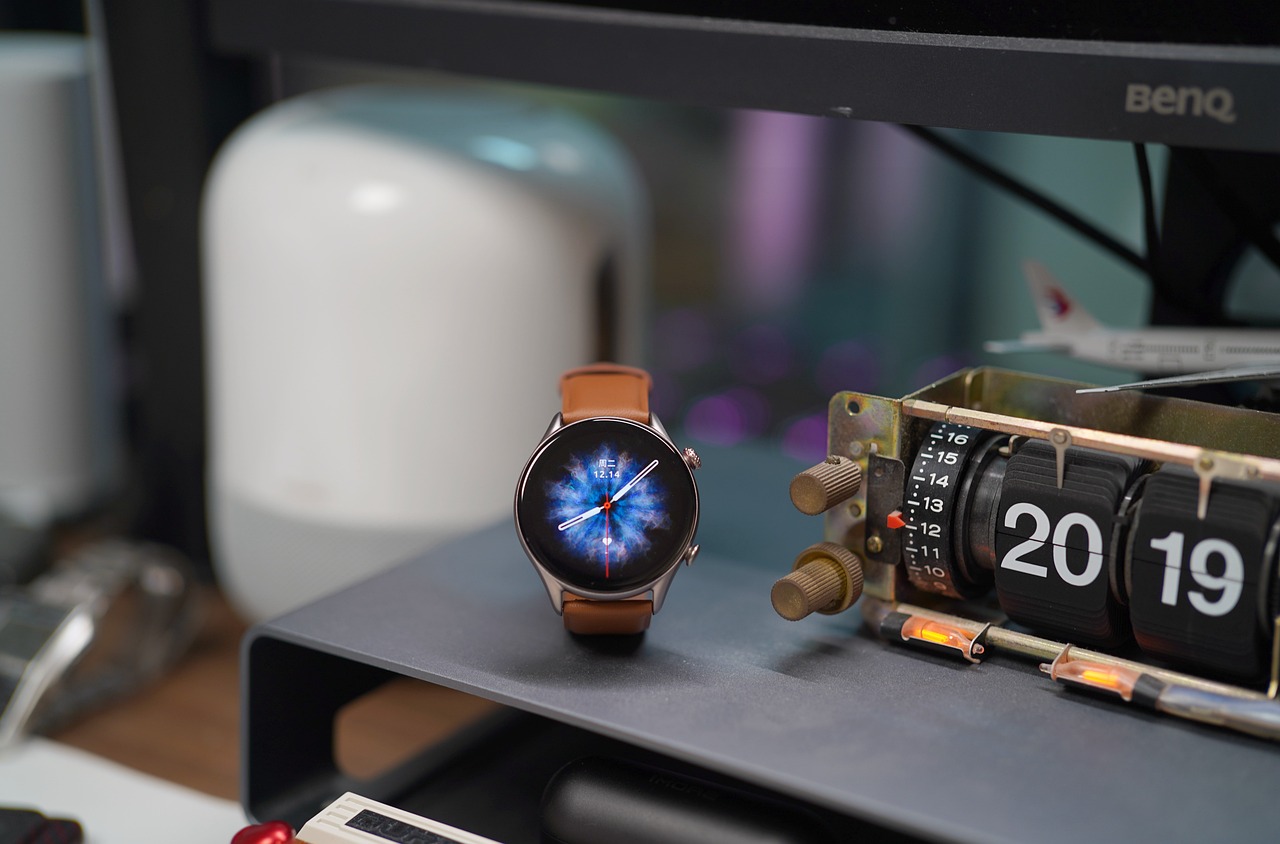
Enhanced Patient Engagement
In today's fast-paced world, patient engagement has become a crucial component of effective healthcare. With the advent of smart sensors, patients are no longer passive recipients of care; instead, they actively participate in their health management. Imagine having a personal health assistant that continuously monitors your vital signs and provides real-time feedback. That’s precisely what smart sensors do! By equipping patients with these advanced devices, healthcare providers can foster a more engaging and interactive relationship with their patients.
One of the most significant advantages of smart sensors is their ability to provide real-time data. Patients can receive immediate insights into their health metrics, such as heart rate, blood pressure, and glucose levels. This instant feedback empowers patients to make informed decisions about their health. For instance, if a patient notices a spike in their blood pressure readings, they can take proactive steps, such as adjusting their diet or contacting their healthcare provider for advice. This level of engagement not only enhances patient satisfaction but also leads to improved health outcomes.
Moreover, smart sensors facilitate personalized health interventions. Healthcare providers can tailor their recommendations based on the data collected from these devices. For example, if a wearable device indicates that a patient has been inactive for an extended period, the provider can suggest specific exercises or lifestyle changes to encourage movement. This personalized approach helps patients feel valued and understood, fostering a deeper connection with their healthcare team.
Another exciting aspect of smart sensors is their ability to integrate with mobile applications. These apps can serve as a central hub for patients, allowing them to track their health metrics, set reminders for medications, and even communicate with their healthcare providers. The convenience of having all this information at their fingertips encourages patients to take a more active role in their health management. In fact, studies have shown that when patients are engaged and informed, they are more likely to adhere to treatment plans and follow through with recommended lifestyle changes.
To illustrate the impact of smart sensors on patient engagement, consider the following table that summarizes key benefits:
| Benefit | Description |
|---|---|
| Real-Time Feedback | Patients receive immediate insights into their health metrics, enabling proactive health management. |
| Personalized Interventions | Healthcare providers can tailor recommendations based on individual data, enhancing the patient experience. |
| Mobile Integration | Mobile apps allow patients to track metrics, set reminders, and communicate with providers easily. |
| Improved Adherence | Engaged patients are more likely to follow treatment plans and make necessary lifestyle changes. |
In conclusion, smart sensors are revolutionizing the way patients engage with their healthcare. By providing real-time data, facilitating personalized interventions, and integrating with convenient mobile applications, these devices empower patients to take charge of their health. As we move forward, we can expect to see even more innovative solutions that will further enhance patient engagement and ultimately lead to better health outcomes.
- What are smart sensors in healthcare? Smart sensors are advanced devices that collect and analyze health data in real-time, enhancing patient monitoring and engagement.
- How do smart sensors improve patient engagement? They provide real-time feedback, facilitate personalized health interventions, and integrate with mobile apps, empowering patients to take an active role in their health management.
- Can smart sensors help with medication adherence? Yes, devices like smart pill bottles remind patients to take their medications and track adherence, reducing the risk of hospital readmissions.
- What is the future of smart sensors in healthcare? The future looks promising with advancements in technology, leading to even more innovative applications and improved patient care.
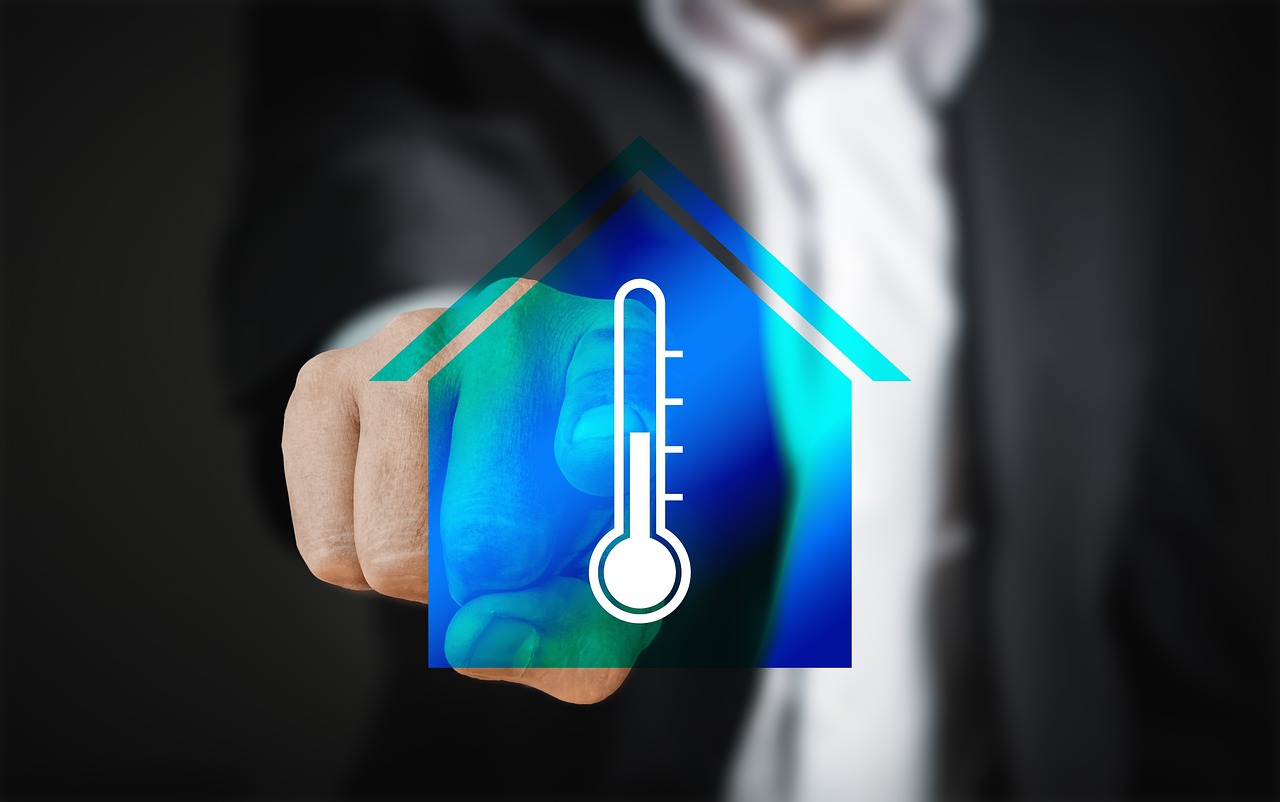
Cost Reduction and Efficiency
The integration of smart sensors in healthcare is not just a trend; it’s a game-changer that is reshaping the financial landscape of medical services. By automating data collection and analysis, these devices significantly reduce the need for manual processes, which often lead to human error and inefficiency. Imagine a world where healthcare providers can focus more on patient care rather than getting bogged down by administrative tasks. Smart sensors make this possible.
One of the most compelling aspects of smart sensors is their ability to streamline operations. For instance, in hospitals, smart sensors can monitor equipment usage and patient flow, allowing for better resource allocation. This means that instead of having staff members constantly checking on equipment or manually entering data, the sensors do the heavy lifting. As a result, healthcare facilities can operate with fewer staff while still maintaining high-quality care. This not only leads to cost savings but also enhances the overall efficiency of healthcare delivery.
Moreover, smart sensors can help in reducing hospital readmissions. By providing continuous monitoring of patients, especially those with chronic conditions, these devices can alert healthcare providers to potential issues before they escalate. This proactive approach means that patients can receive timely interventions, ultimately leading to better health outcomes and reduced costs associated with emergency care and hospital stays. The table below illustrates how smart sensors contribute to cost reduction through various mechanisms:
| Mechanism | Cost Reduction Impact |
|---|---|
| Automated Data Collection | Reduces administrative costs by minimizing manual entry errors |
| Remote Monitoring | Decreases hospital readmissions, saving costs on emergency care |
| Resource Allocation | Optimizes staff deployment, leading to lower operational costs |
| Real-time Alerts | Prevents complications through timely interventions, reducing treatment costs |
In addition to these benefits, smart sensors also contribute to patient safety. For example, they can monitor medication adherence and alert patients when it’s time to take their medication or when a dose is missed. This not only ensures that patients are following their treatment plans but also reduces the risk of complications that can arise from improper medication usage. By keeping patients on track, healthcare providers can avoid costly interventions down the line.
Ultimately, the cost reduction and efficiency brought about by smart sensors are not just about saving money; they also translate into better patient care. When healthcare providers can operate more efficiently, they have more time to spend with patients, leading to improved satisfaction and health outcomes. It’s a win-win situation that is sure to pave the way for a more sustainable healthcare system in the future.
- What are smart sensors in healthcare? Smart sensors are advanced devices that collect and analyze data in real-time to enhance patient monitoring and care.
- How do smart sensors reduce costs in healthcare? They automate data collection, improve resource allocation, and decrease hospital readmissions, all of which contribute to cost savings.
- Can smart sensors improve patient engagement? Yes, by providing real-time feedback and insights, smart sensors help patients take an active role in their healthcare.
- What is the future of smart sensors in healthcare? As technology advances, smart sensors will become even more integrated into healthcare systems, enhancing their effectiveness and reach.
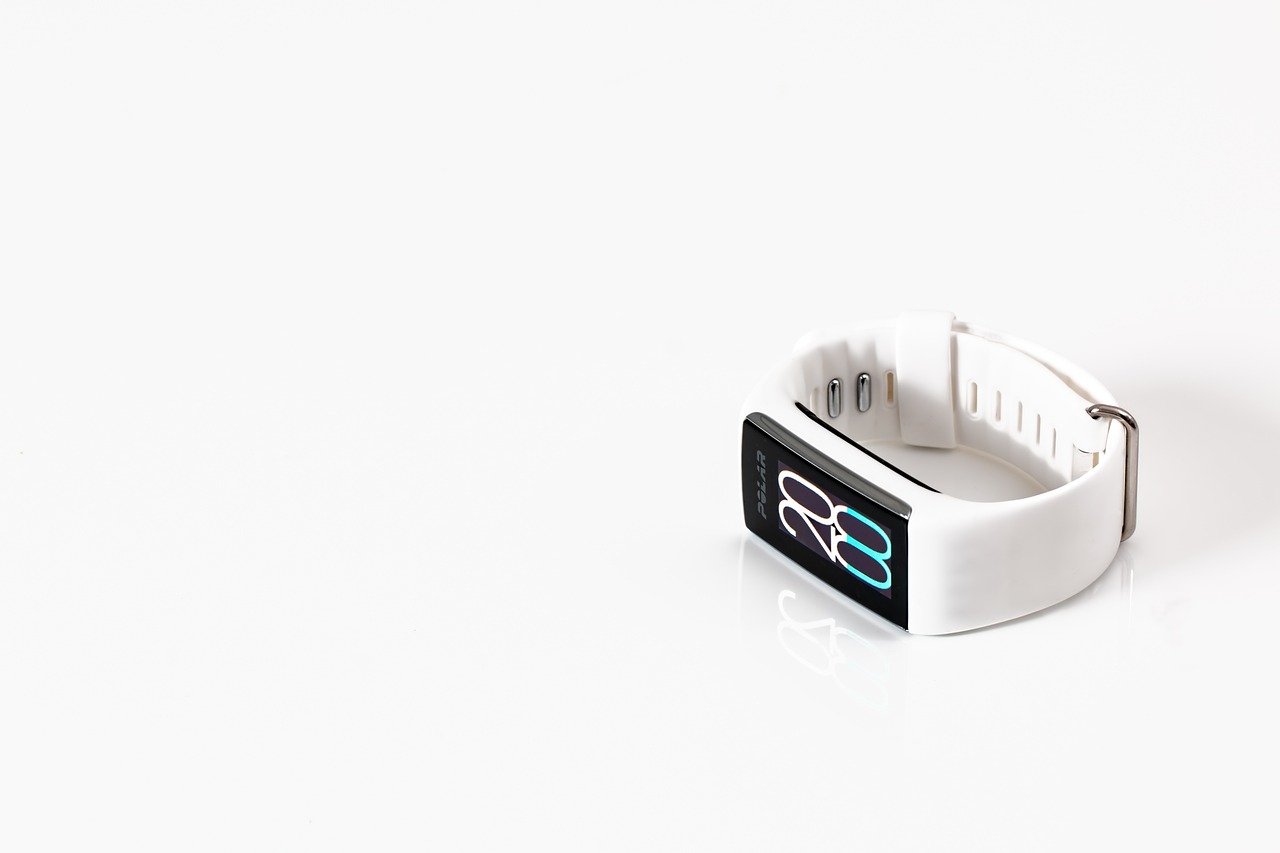
The Future of Smart Sensors in Healthcare
The future of smart sensors in healthcare is not just bright; it's practically glowing with potential. As we stand on the brink of a technological revolution, these devices are set to redefine the landscape of patient care and operational efficiency. Imagine a world where healthcare professionals can monitor patients in real-time, even from miles away, and where data analytics can predict health issues before they arise. Sounds like something out of a sci-fi movie, right? But it's happening right now!
One of the most exciting trends is the integration of artificial intelligence (AI) with smart sensors. This combination can lead to predictive analytics, where algorithms analyze data collected from sensors to forecast potential health crises. For instance, if a patient’s heart rate shows unusual patterns, the system can alert healthcare providers before a serious event occurs. This proactive approach can save lives and significantly reduce hospital admissions.
Moreover, the rise of the Internet of Things (IoT) is paving the way for a more interconnected healthcare ecosystem. Smart sensors will increasingly communicate with each other and with healthcare systems, creating a seamless flow of information. This connectivity means that a sensor detecting a drop in a patient's oxygen levels can automatically notify a nurse or physician, ensuring timely intervention. The ability to share data across platforms will also enhance collaborative care, allowing specialists to access comprehensive patient histories and make informed decisions.
Another fascinating development is the enhancement of patient-centric care through smart sensors. As patients become more involved in their own health management, wearable devices will play a pivotal role. These devices, equipped with smart sensors, will not only track vital signs but will also provide patients with insights into their health trends. Imagine receiving a notification on your smartwatch that reminds you to take a walk after sitting for too long or alerts you when your heart rate exceeds a certain threshold. This level of engagement can empower patients to take charge of their health, leading to better outcomes.
Additionally, smart sensors are expected to evolve in terms of their capabilities. With advancements in materials science, we can anticipate the development of smaller, more efficient sensors that can be integrated into everyday items. For example, imagine a smart bandage that monitors wound healing and sends real-time data to healthcare providers. Such innovations could revolutionize post-operative care and chronic disease management.
However, with these advancements come challenges, particularly in terms of data privacy and security. As smart sensors collect vast amounts of personal health information, ensuring that this data is protected from breaches will be paramount. Healthcare providers will need to implement robust cybersecurity measures and comply with regulations to maintain patient trust.
In conclusion, the future of smart sensors in healthcare is filled with promise. As technology continues to advance, we can expect these devices to become more sophisticated, interconnected, and patient-centered. The potential for improved patient outcomes, reduced costs, and enhanced operational efficiency is immense. As we embrace these changes, the healthcare industry is poised for a transformation that will benefit both patients and providers alike.
- What are smart sensors? Smart sensors are advanced devices that collect and analyze data in real-time, often used in healthcare to monitor patient health metrics.
- How do smart sensors improve patient care? They enable remote monitoring, provide real-time feedback, and enhance decision-making through data analytics, leading to better health outcomes.
- What role does AI play in smart sensors? AI enhances smart sensors by enabling predictive analytics, allowing for early intervention based on data trends.
- Are there privacy concerns with smart sensors? Yes, as they collect personal health information, ensuring data privacy and security is crucial.
- What is the future of smart sensors in healthcare? The future includes advancements in technology, greater connectivity, and more patient-centric applications, transforming the healthcare landscape.
Frequently Asked Questions
- What are smart sensors in healthcare?
Smart sensors are advanced devices that collect and analyze health-related data in real-time. Unlike traditional sensors, they can communicate this data to healthcare providers, enabling better monitoring and management of patient health.
- How do smart sensors improve patient monitoring?
Smart sensors facilitate remote patient monitoring by tracking vital signs and health metrics outside clinical settings. This allows healthcare professionals to intervene promptly, especially for patients with chronic conditions, leading to better health outcomes.
- What role do wearable devices play in healthcare?
Wearable devices equipped with smart sensors provide continuous health monitoring. They empower patients by allowing them to track their vital signs, promoting proactive health management and engagement with their own care.
- How do smart pill bottles enhance medication adherence?
Smart pill bottles are designed with sensors that remind patients to take their medications on time. This technology significantly improves compliance, reducing the risk of hospital readmissions due to missed doses.
- What are the benefits of using data analytics with smart sensors?
Data analytics derived from smart sensors helps healthcare providers make informed decisions. It enhances clinical workflows by identifying trends, predicting outcomes, and improving patient care strategies based on real-time data.
- Can smart sensors really reduce healthcare costs?
Yes! By streamlining processes and minimizing errors, smart sensors can lead to significant cost reductions in healthcare. They optimize resource allocation, which helps facilities operate more efficiently.
- How do smart sensors engage patients in their health?
Smart sensors provide real-time feedback and insights to patients, fostering greater engagement in their health. This active participation often results in better health outcomes and higher patient satisfaction.
- What does the future hold for smart sensors in healthcare?
The future of smart sensors in healthcare looks bright, with emerging trends and innovations expected to enhance their capabilities. As technology advances, we can anticipate even more sophisticated applications that further improve patient care.

